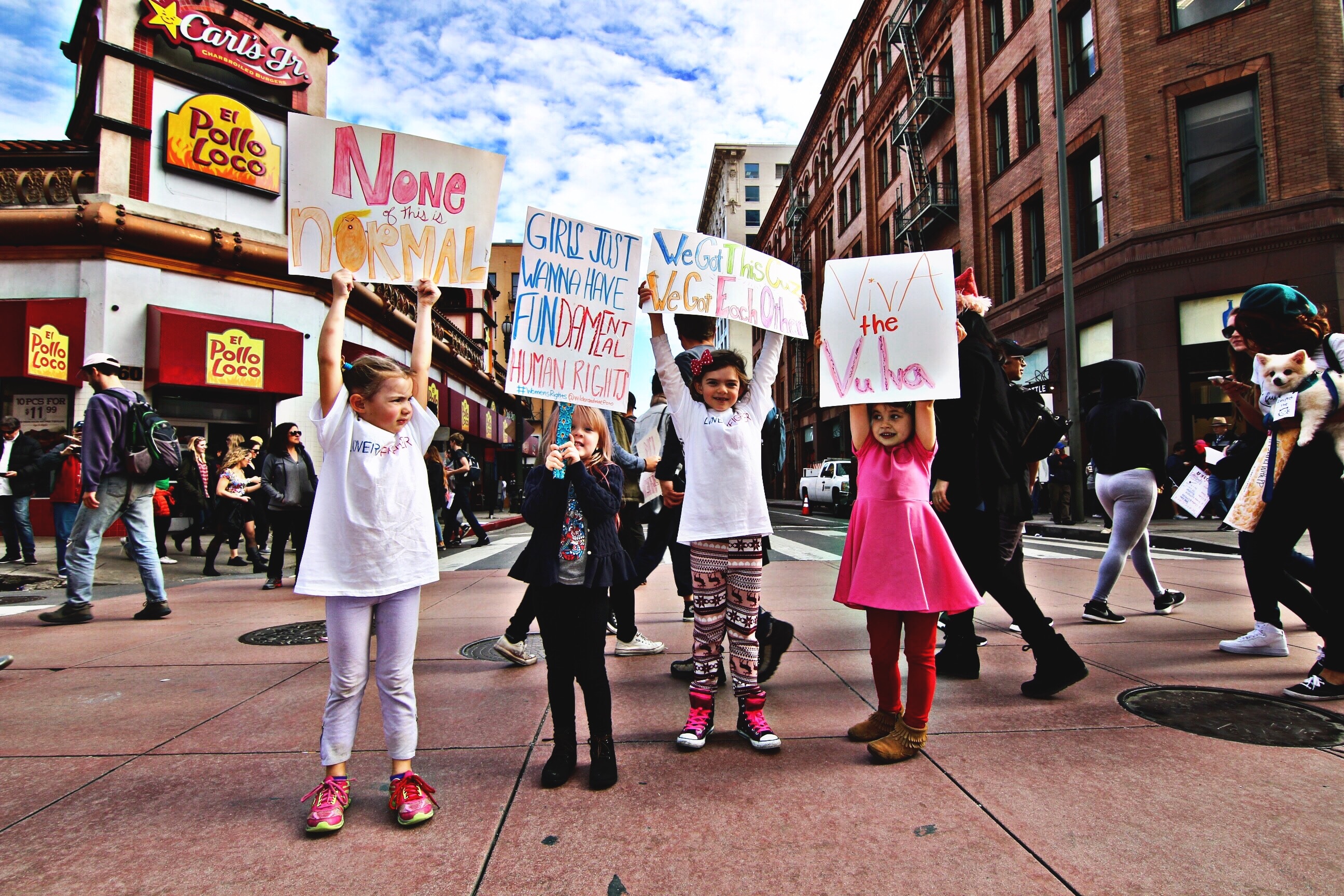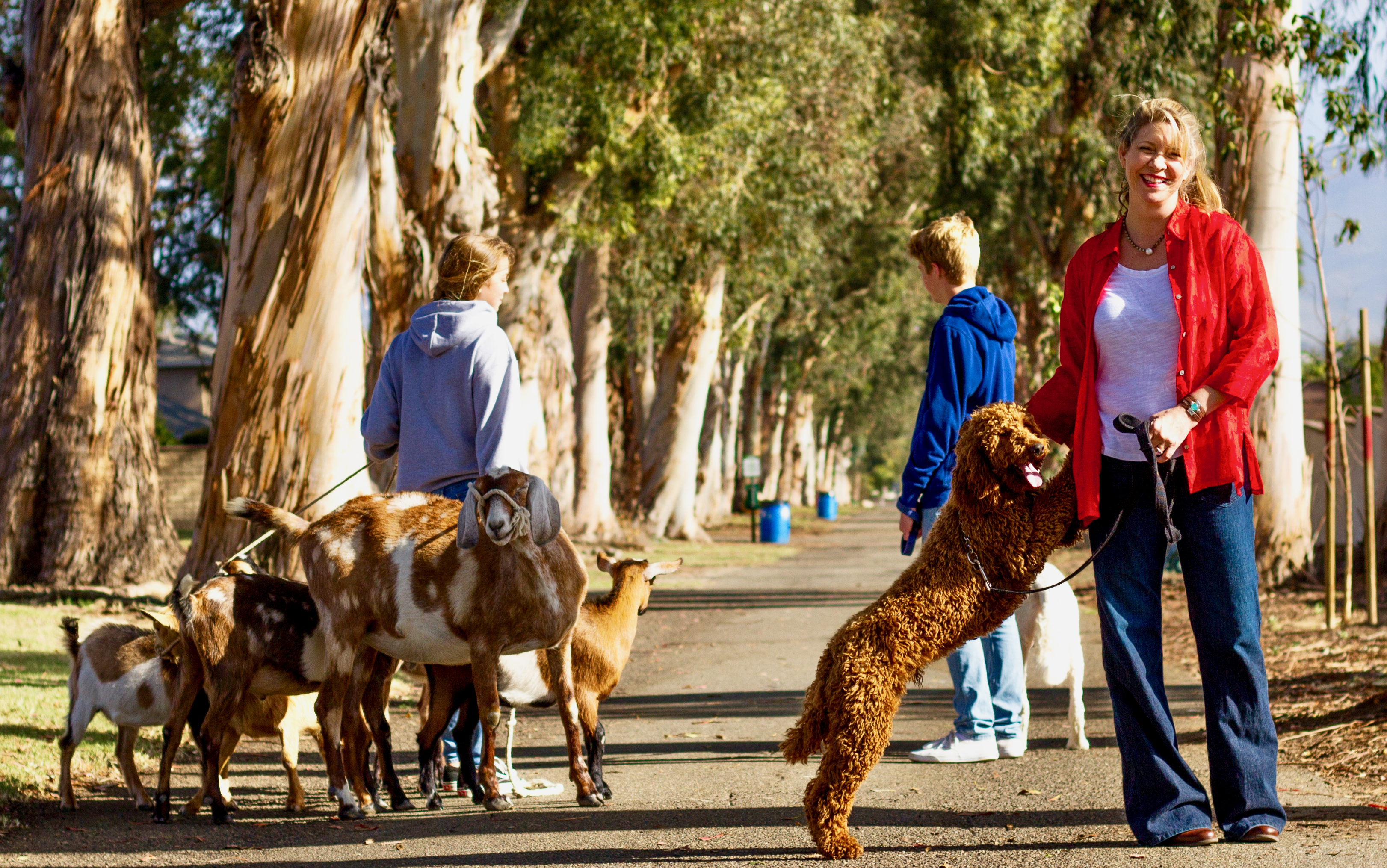I’m a screen safety expert and a psychologist, and I admit I’ve had a screwed up relationship with Facebook. It started out that it was such a new and cool forum to check out the lives of people you like and had genuinely lost touch with. It was so fun to see that college roommate who actually became a journalist…or that high school boyfriend who kicked his weed habit and seems to have a great marriage with happy, healthy kids. And how exciting to show everyone how great your kitchen remodel turned out and how your kids were rockin’ those new backpacks the first day of school. Early on, Facebook was a beautiful landscape of fresh faces and fun stories…kind of like the first 30 minutes of your ten-year high school reunion. But then, just like that high school reunion, people started revealing the other annoying sides of themselves.
You know what I mean by that. Your cousin who constantly brags about her relationship when you know she kicks her husband out every other month. Or that friend who sensationalizes other people’s tragedies by pretending she is totally distraught and constantly praying – and you know she’s only talked to them three times. Your bigoted Uncle Bob spews racist rhetoric, and you get drawn into ugly political debates and later have to delete your overzealous comments after the bloodshed. At some point of accumulated online trauma, Facebook wasn’t as fun anymore.
Our kids witnessed it. They posed for us and encouraged us to share at first. But after a while, they caught on that some of the humor parents shared about the challenges of parenting weren’t very nice. They realized that their beaming grin with braces and green, shiny pool hair after their fourth-grade summer wasn’t very flattering. They started to fear that their parents were using them to promote the family’s community image…and it felt kind of fake. They were feeling used to prop up a virtual ego that was kind of pathetic.
Besides, kids love to kill their parent’s joy. I’m the mother of three, ages 25, 17, and 15 years old. Nobody calls me out more brutally than my teenagers. They don’t even try to be nice about it. They started to tell me, in no uncertain terms, that I wasn’t to post photos of them anymore without their permission. And me begging them to post was humiliating, so I quit doing it.
Look, I’m not ashamed of being a crazy mom. I love my kids. I want to show others how awesome I think they are. I also know I’m not alone. I hear about these issues every day in my clinical office. Some parents do it anyway…but it damages the trust in the family. Others, like me, post about our adult lives outside of our kids. We know that our Facebook friends are a different tribe than our nonvirtual one. There’s overlap, sure, but we only have opportunity to interact with some of them on Facebook, and we don’t want to give those relationships up.
Go ahead and troll me and tell me what a loser I am that I still post. But let’s be honest here. Most of us still use Facebook to at least check in with others. Some have gone Facebook free, and, like recovered smokers, they love to tell us how it’s made their lives more precious. It probably has, but for now I’m still posting about travels and puppies and the occasional funny meme. I’ve hidden the Uncle Bobs and fake prayers while celebrating those I’m truly fond of and rooting for.

And as for the kids who are revolting due to sharenting…have at it you guys! Yes, many of you are hypocritical as you constantly post on Snapchat. You may even assert yourselves more to boss your parents around than because you have actual concern. But the fact that you have a passionate opinion and the assertiveness to state it is the kind of resilience I believe in as a parenting expert. You are the best advocates for GetKidsInternetSafe.
Because typically, the kids who speak up to their parents are not blindly obedient pleasers. You have the informed opinions and well-honed voices of confident digital natives. That practiced voice of calm, courage, and intelligence may save you from a bad actor you encounter online or in your three-dimensional life. I agree that, even though parents want to share the parenting part of our lives with our friends, posting images of our older kdis should require shared consent. Kids have rights.
As for our family, with the exception of a few side profiles here and there, I have opted not to put my kids’ faces on my promotional materials for GetKidsInternetSafe. I also don’t share them on my Facebook profile or cover photos, because they are public and not private.
Occasionally, my kids throw me a bone and allow me to post pics of them here and there. But once they’re up for a bit, I typically delete them – kind of like a manually-disappearing-profile ala Snapchat for old people. The truth is, it creeps me out to have a running photo commentary of my life that weird acquaintances could excavate if they were lurking.
For parents of young kids, get ready. One day you’ll hear a protest about it. If you listen and respect their great reasons for not consenting, it’ll be a learning opportunity that will build up your relationship. If you blow them off and play the authority card, you’ll be squelching their voices. Either way, it’s annoying to be told what to do by a tween or teen. But honestly, I’d much rather watch my kid be an outspoken advocate for themselves than a compliant pleaser. Wouldn’t you?
I’m the mom psychologist who will help you GetKidsInternetSafe.
Onward to More Awesome Parenting,
Tracy S. Bennett, Ph.D.
Mom, Clinical Psychologist, CSUCI Adjunct Faculty
GetKidsInternetSafe.com


